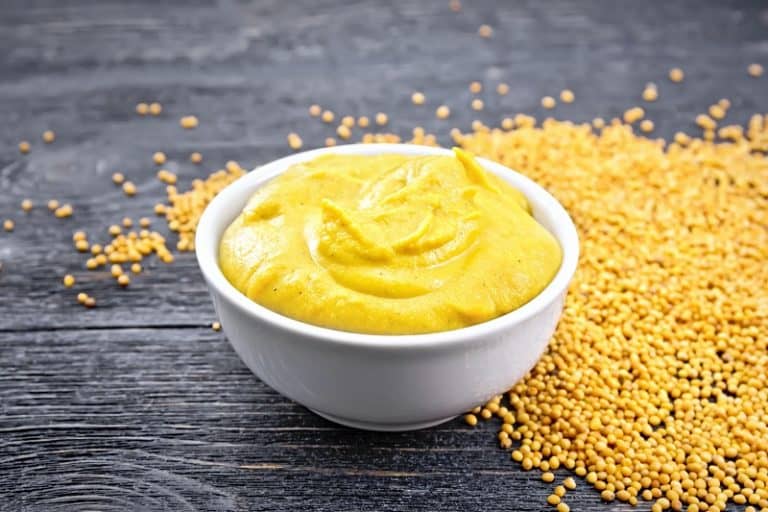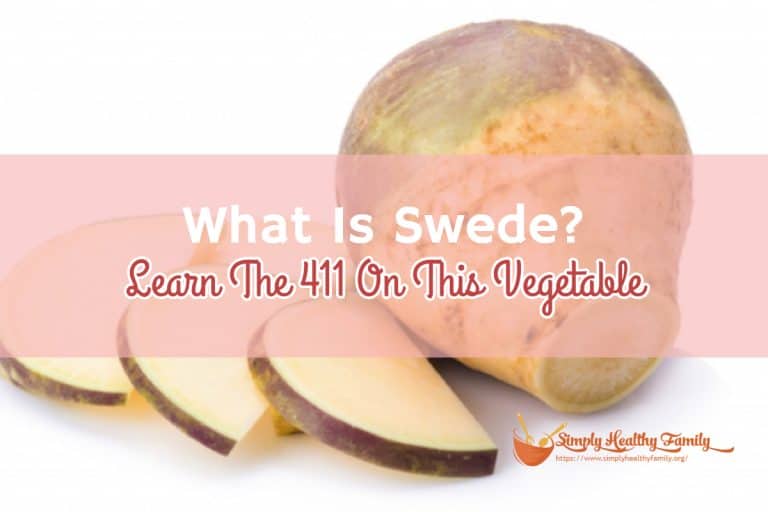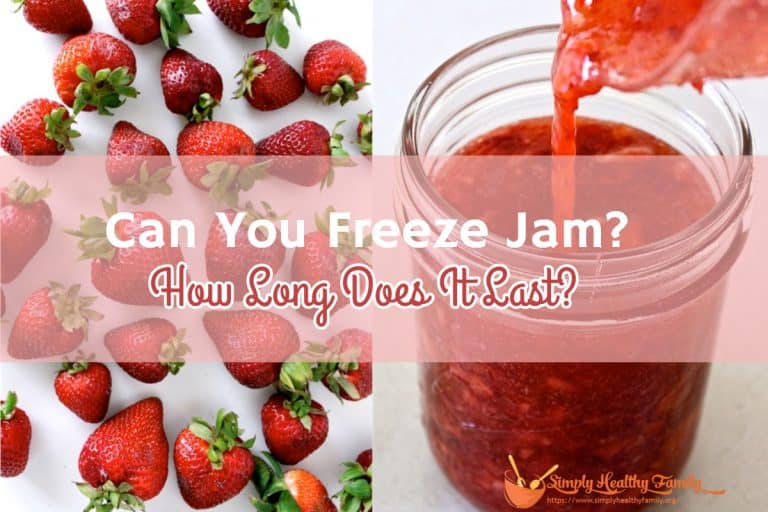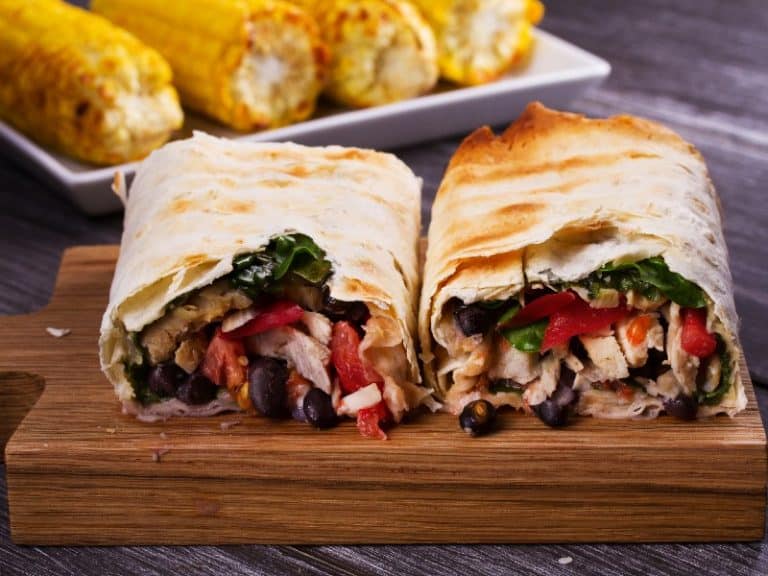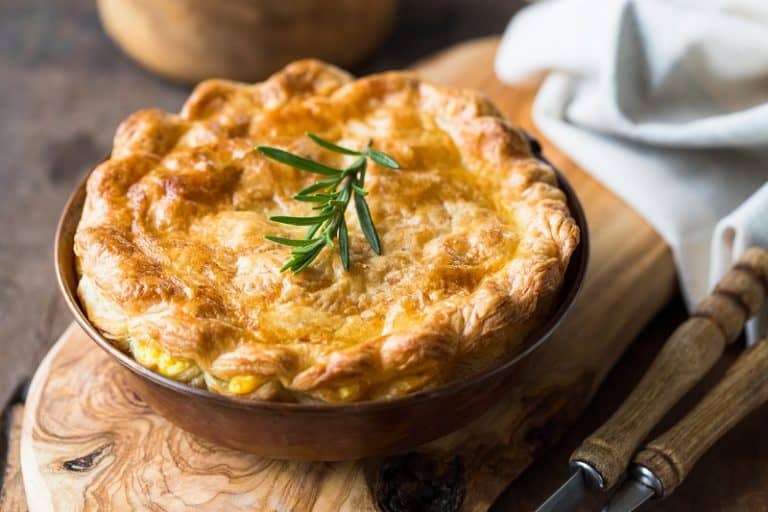How Long Are Potatoes Good For? Know The Answer Here
Do you like to shop in bulk? If so, then you are just like me. Buying in bulk is not only good for the environment but also saves us time and effort. Who doesn’t want to reduce trips to the supermarket, huh?
Potatoes are one of those foods that we usually buy in bulk. This is perhaps the most versatile vegetable out there, as you can use it in countless ways.
But buying in bulk would also mean that the potatoes you bought a week ago could be stored in the cabinet for a long time. “How long are potatoes good for?” you might wonder. I’ll discuss that and share more info on potatoes in this article.
Average storage life of potatoes

The average storage life of potatoes depends on factors like the type of potato, preparation method and the place where it is stored.
If we’re talking about fresh, raw potatoes, then it can last for 1-2 weeks when stored at normal room temperature. Raw sweet potatoes can last longer at about 3-5 weeks, and even 2-3 months when stored in the fridge.
Cooked potatoes have a shorter shelf life. When left at room temperature between 40 and 140 degrees Fahrenheit, cooked potatoes can turn rancid in 2-3 hours.
Don’t confuse yourself with the sell by date of the potatoes you buy in the grocery. As the name suggests, sell by date refers to the last day that the potatoes may be sold and not consumed. This means that you can still use potatoes for whatever dish you may want even after the sell by date has lapsed.
The good news is that there are plenty of things that you can do to prolong the shelf life of potatoes.
How to prolong shelf life of potatoes

We tend to think that potatoes are best stored in the fridge. But the truth is that they should be kept in the cellar, where the temperature to store potatoes ranges from 45 to 50 degrees Fahrenheit.
Keeping potatoes in the fridge, where the temperature ranges from 32 to 40 degrees F, can cause the conversion of potato starch to sugar. This may give the potatoes a sweet taste, but also affect its color when fried. If you don’t want the potato to have a dark color, I suggest you leave them out in the fridge.
Storing potatoes in the cabinet may not be the best idea, too, especially if you live in a humid area. Higher temperatures can cause potatoes to shrink and sprout. Since potatoes are made of 80% water, it tends to evaporate quickly in a hot and dry climate.
You don’t need to have a cellar in order to keep potatoes fresh for a long time. A cool, dark area should suffice. You should also put them in a dark colored bag. If possible, cut holes in the bag to facilitate enough air flow.
And don’t wash potatoes before storing them. This will only increase the rate of spoiling.
But what about raw potatoes that are cut open? How long can you use them?
When cut open, raw potatoes will oxidize quickly, turning their color to brown. But you can prevent this from happening by placing them in a bowl filled with water. Refrigerate the potatoes overnight so that you can still have creamy white potatoes the following morning.
For cooked potatoes, the best way to extend their storage life is to freeze them. Cooked potatoes that are frozen will be safe to eat even after a long time. You can then thaw the frozen potatoes in the fridge for 3-4 days before cooking.
If you thaw the frozen potatoes in cold water, you better eat them right away.
How to determine spoiled potatoes

The most noticeable sign of rancid potatoes is the way its skin has aged. Just like human skin, potatoes would eventually have wrinkles and sagging skin. Spots, too, will become apparent. I’d rather toss those with wrinkly and sagging skin.
You should also smell potatoes to determine if you need to throw them away. The natural scent of potatoes is earthy and starchy. If it smells bad, then you shouldn’t even try to use it.
Finally, you would know that potatoes have gone bad if there are long sprouts and green spots.
To ensure that you can get potatoes that will last for a long time, I would recommend that you get those without bruises and cuts. Avoid potatoes with green patches and sprouts as these are likely to turn bad very quickly.
Conclusion

Potatoes aren’t exactly cheap which makes them the type of food you want to buy in bulk. Plus, their versatility makes them all the more indispensable. You can use them to make soups less salty, pair with cornbread, or combine with many dishes.
Storing them in a refrigerator is not exactly the best way to prolong their freshness. As you have learned from reading this article, potatoes are best stored in a cool, dark place.
How did you find this article? Did you like it? Let us know by writing in the comments section below.


